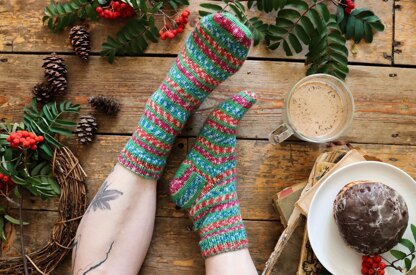A guide to Continental Knitting
Published on February 2, 2022 By Merion 1 min readContinental knitting is a method of knitting that uses very little movement for the hands, so it tends to be a lot quicker to knit and very handy for colorwork. If you're looking to become a super speedy knitter, grab your needles and learn how to knit continental style with designer Anna Nikipirowicz!
There are so many different ways to knit, and each of them has their own particular charm - but sometimes it's fun to try a different way, whether it's English (throwing), continental (picking), Shetland (pit knitting), Portugese knitting, and even backwards knitting. The differences include which hand the working yarn is held in, how you hold the needles and how you wind the yarn, but they all end up with the same result.
It can be helpful to change your style of knitting for different reasons - you might find that a change of technique helps aching hands, or is easier for working Fair Isle, but the main reason knitters look for a new technique is to knit faster!
Continental knitting vs English knitting
Continental knitting is well known for its speed, because the hand movements involved are minimal, as opposed to English knitting (throwing) that involves moving the dominant hand to throw the yarn around the needle tip. In our video, Anna shows you how to work a continental knit stitch and her favourite purl method, the Norwegian purl stitch.
The Continental Knit Stitch
1
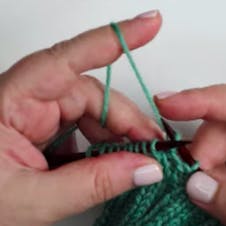
Wind the yarn around your fingers to tension the yarn.
2
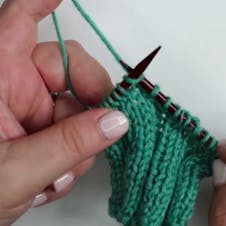
Insert your right hand needle into the stitch.
3
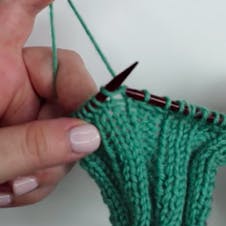
Pick up the working yarn and pull it through the loop.
4
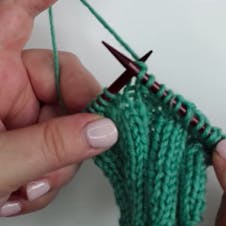
Slide the stitch off your left hand needle.
The Norwegian Purl Stitch
1
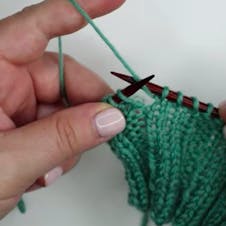
Place your right hand needle behind the working yarn.
2
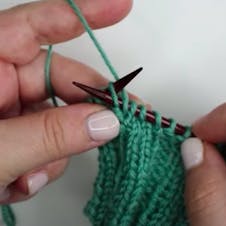
Insert your needle into the next stitch as if to purl.
3
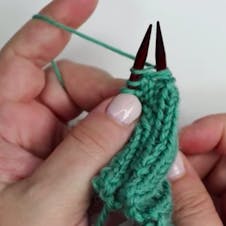
Rotate the right hand needle until it is in line with the left hand needle.
4
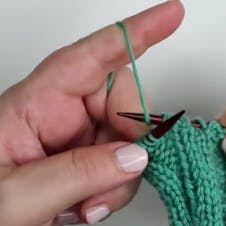
Then grab the working yarn and,
5
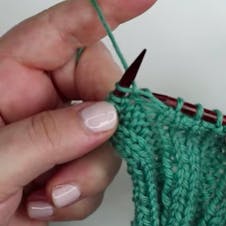
Place it to the front of your left hand needle and pull it through the loop.
6
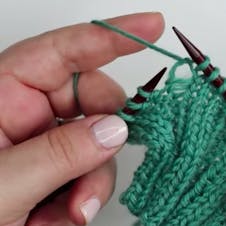
Slide the stitch just worked, off the left hand needle.
